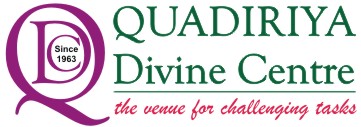Virtual data rooms are safe repositories that permit users to view confidential documents in a safe setting during due diligence or other business transactions. It offers a high-level of security protocols, which are not offered on standard file-sharing platforms. This includes granular permissions for users, encryption in transit and at rest as well as two-factor authentication, watermarking content, and audit trails that record logins as well as downloads and uploads. These features reduce the risk of intellectual theft as well as unauthorised access to sensitive financial or corporate data that could jeopardize deals and lead to lawsuits.
A virtual data room is most commonly used to share IP documents with external entities, like potential purchasers and licensing partners during M&A due-diligence. Virtual data rooms can also be useful to share large files or documents with internal teams and data room software safety stakeholders. They also facilitate collaboration with auditors, counsels, outside counsels, or consultants.
A virtual data room could help streamline the due diligence process for other participants in bankruptcy or restructuring. These types of transactions usually require review of a company’s previous financial performance and debt, accounting reports as well as cash flow statements capital expenditure budgets, legal contracts and liens, as well as customer credit reports. A robust data room security system is required to ensure that no one is able to access these critical documents and protect the integrity of the transaction.
